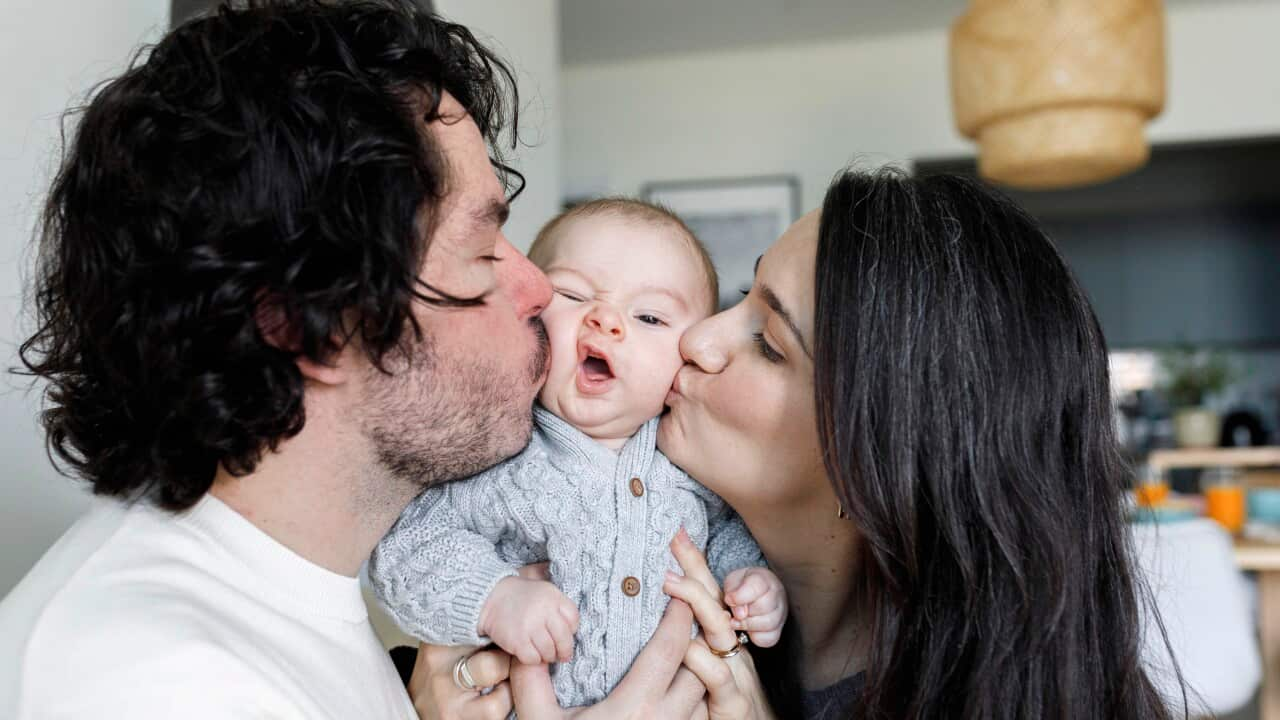Being a carer is an important role, but it can be emotionally and physically challenging.
How to get started
Carers can be family members like mothers, fathers, children and grandparents. Because their job is challenging, they need to undertake some training.
“To be a carer for a family member with a disability, you need to learn a lot of information about the disability that a family member has. And also they need to learn new information about resilience and how to overcome challenges in caring for family members with disability,” explains Khanh Le, a facilitator at a carers’ support group with the .
If you're looking at making caring your full-time job, you could undertake a course in disability services at a TAFE college.
“If anybody wanted a career path, they could start with a certificate 3 or 4 in disability services, and then work their way up. You might start with just working as a support worker, and then they move you up to be a senior support worker, moving you up to be a team leader and you can just exceed from there,” explains Karina Tran, who works for the . Carers play a crucial role in helping traumatised and handicapped new arrivals learn some of the necessary skills to settle successfully in Australia.
Carers play a crucial role in helping traumatised and handicapped new arrivals learn some of the necessary skills to settle successfully in Australia.

Source: Getty Images/Hero Images
“You know some people would need to learn how to socialise. Travel training - some people are frightened; they don’t know how to catch public transport. Cooking, basic cooking skills, personal hygiene skills, relationship building and how to communicate with others. So, if we try to make their lives easier by having the support workers that speak their own language that would be a real bonus and that’s what is important, says Tran.
The challenges
Being a carer is extremely demanding and can take a toll on a person. To prevent depression and exhaustion, the Ethnic Community Services Co-operative places great importance on the wellbeing of carers.
“Our organisation, we run an information session about their rights and we also foster social inclusion. We encourage carers to attend wellbeing sessions and to go on outings to improve their well-being,” says Le.
It’s important not to neglect your own health and happiness while taking care of somebody else’s. Feeling isolated is common as many carers have little time to see other people and do things they like.
Ljiljana Zruic cares for her 26-year-old son Nick who suffers from Down’s syndrome. “It’s fear of him not fitting in into this world, fear of not being accepted, and then as a mother, you do want to hover over them even more because you want to be everything and everybody for them. This year was the first time; I had a holiday for two weeks away from him, in 25 years,” she says. At times, carers experience frustrations that can spill out into other relationships. “In marriages, it can cause a lot of friction. Speaking to other wives and husbands, they do complain a lot that the wives’ all the time is taken up with the person they are looking after and the partner usually feels left out or is last on the list,” she adds.
At times, carers experience frustrations that can spill out into other relationships. “In marriages, it can cause a lot of friction. Speaking to other wives and husbands, they do complain a lot that the wives’ all the time is taken up with the person they are looking after and the partner usually feels left out or is last on the list,” she adds.

Ljiljana Zruic and her son Nick Source: Supplied
The challenges of caring for a disabled relative are even greater for refugees, new arrivals and asylum seekers whose English is limited. “The problems are multiplied because speaking English as well as I think I do and knowing a lot. But when you come to the country and not knowing the language and don’t know the rules and don’t know what’s available – yes, it’s multiplied – very much so,” she says.
Many have experienced persecution and other serious human rights abuses. These experiences can have a major impact on the physical and mental health of some new arrivals. There is a huge demand for support workers who can speak languages other than English and who can understand these situations.

Source: Getty Images/Maskot
Challenging, but also rewarding
While being a carer is challenging, it’s also very rewarding. Le says watching her team of carers and the people they care for form friendships and better relationships is her greatest reward:
“I have happy moments when I see that they support each other. It’s like the carers become like friends. It’s like they are family members. They treat each other very well. They also go out together and celebrate someone else’s birthday and go out together on the weekends. So I feel really pleased that what I have contributed benefits the people in the community.”







